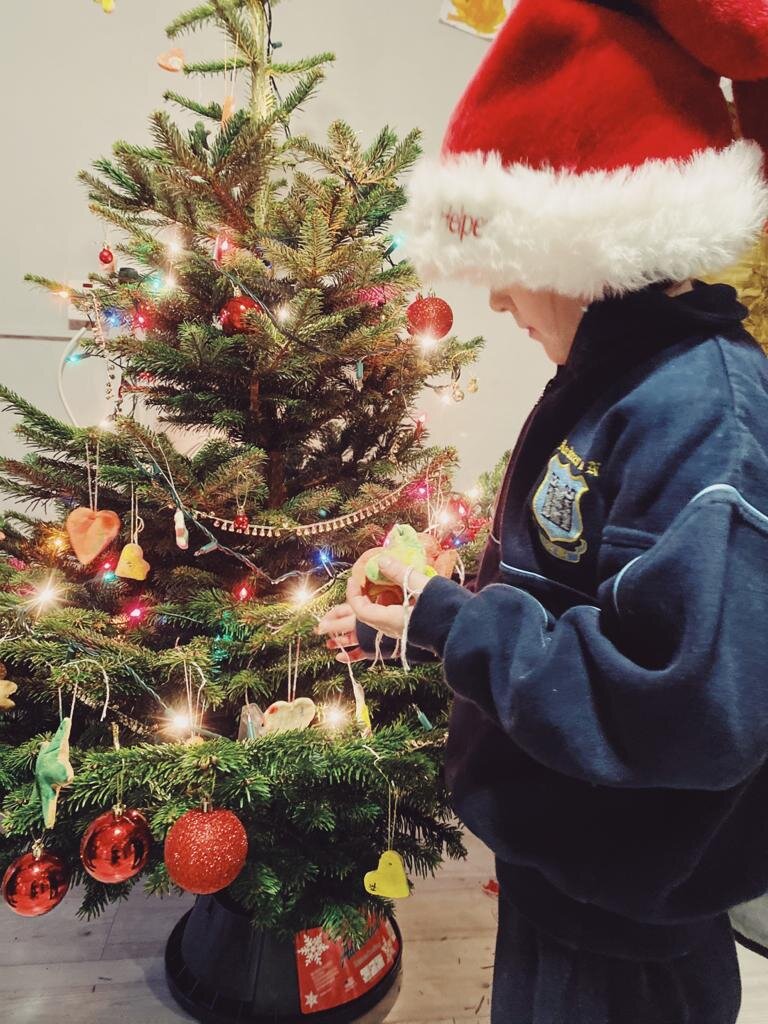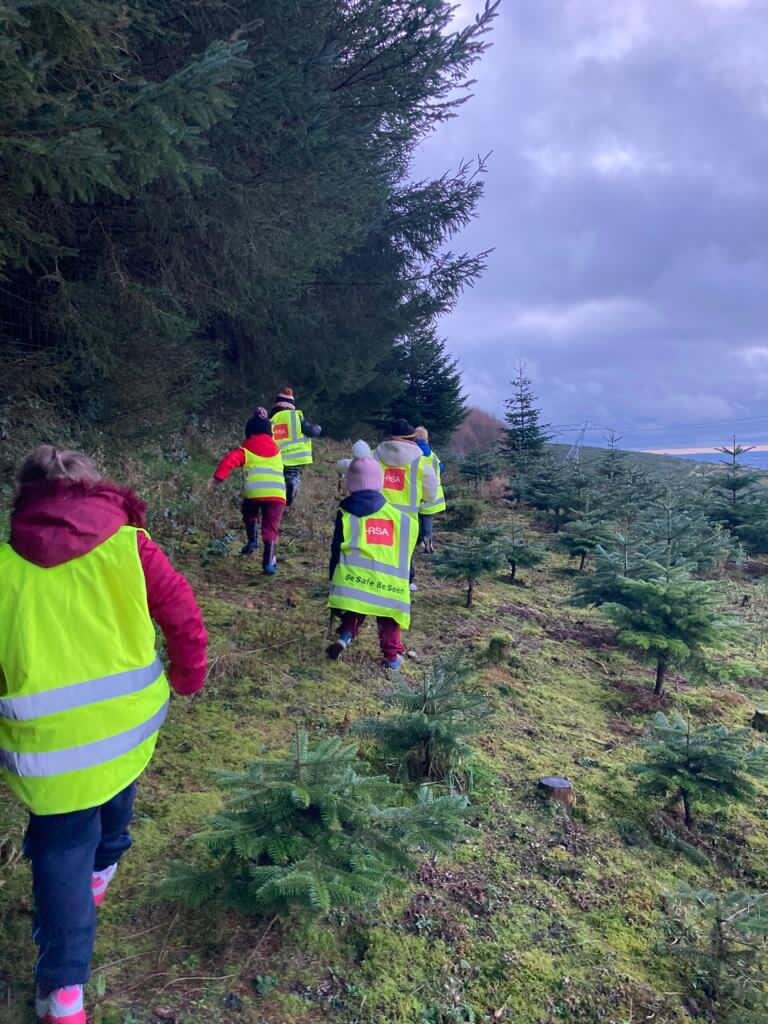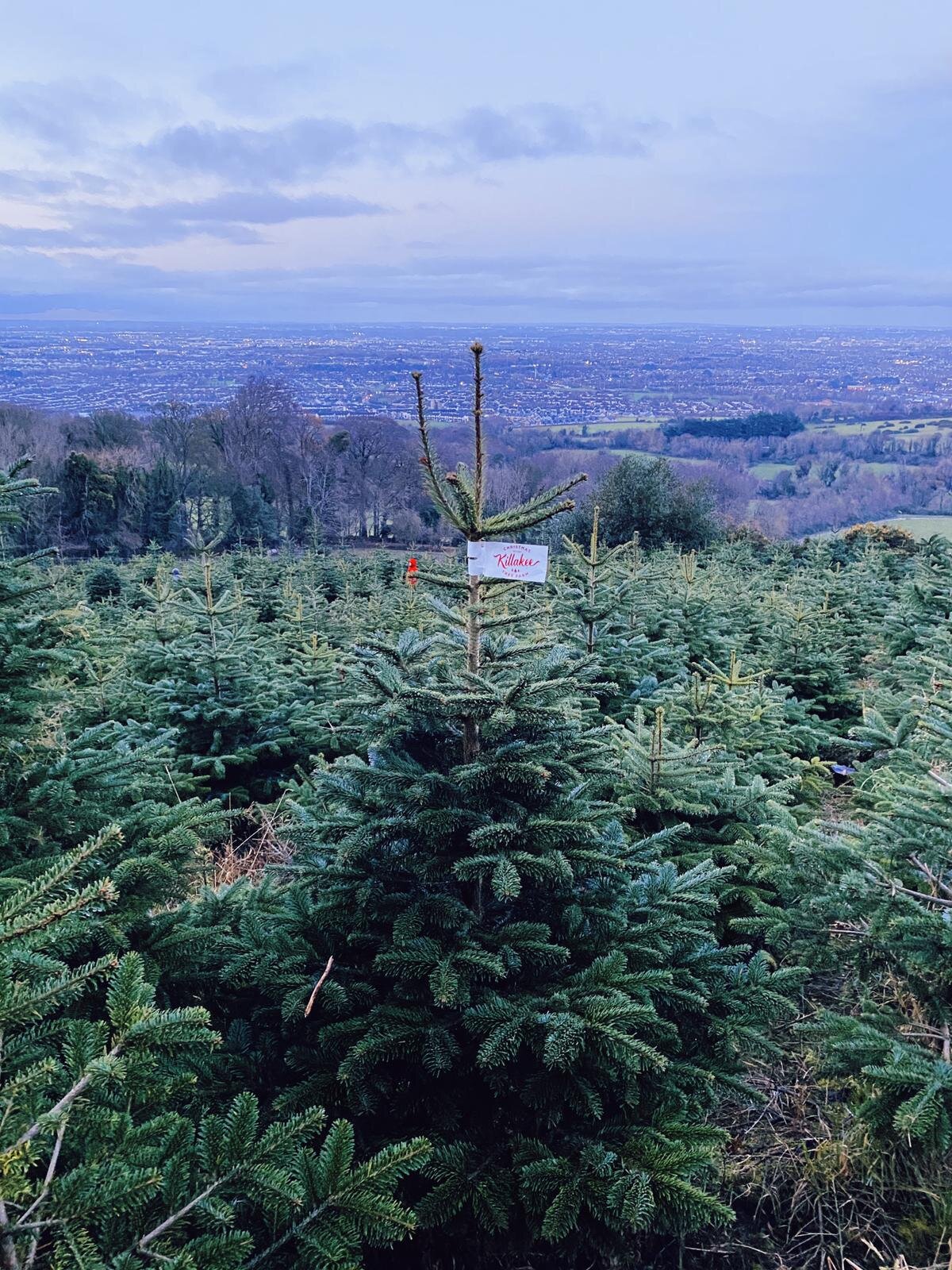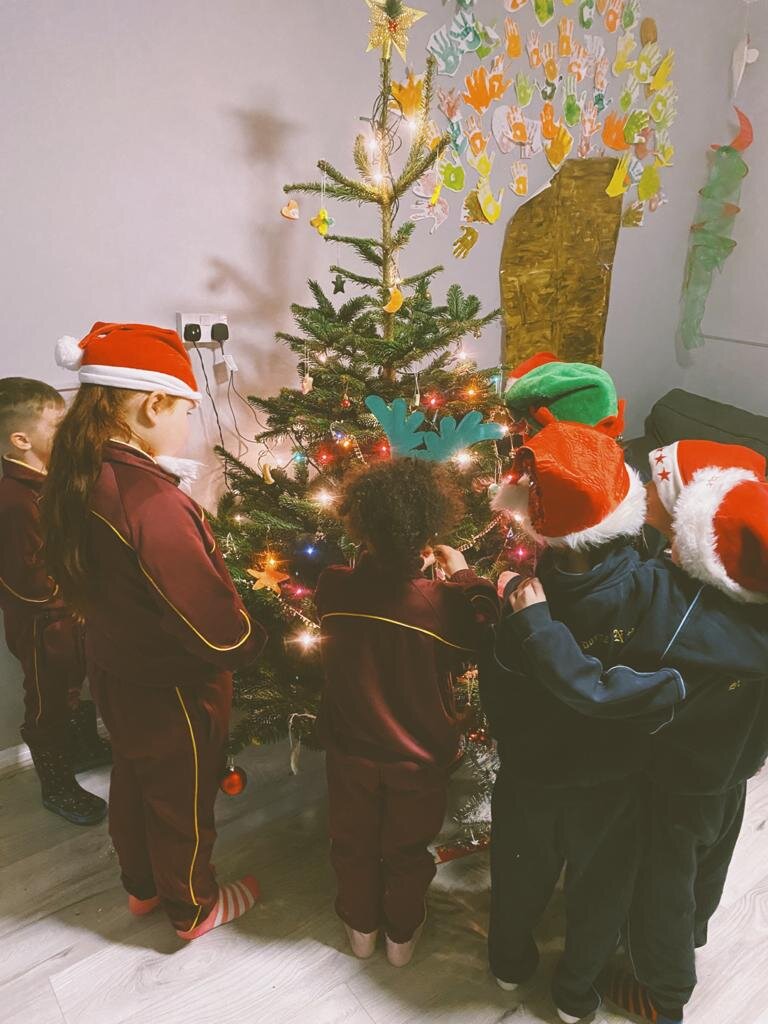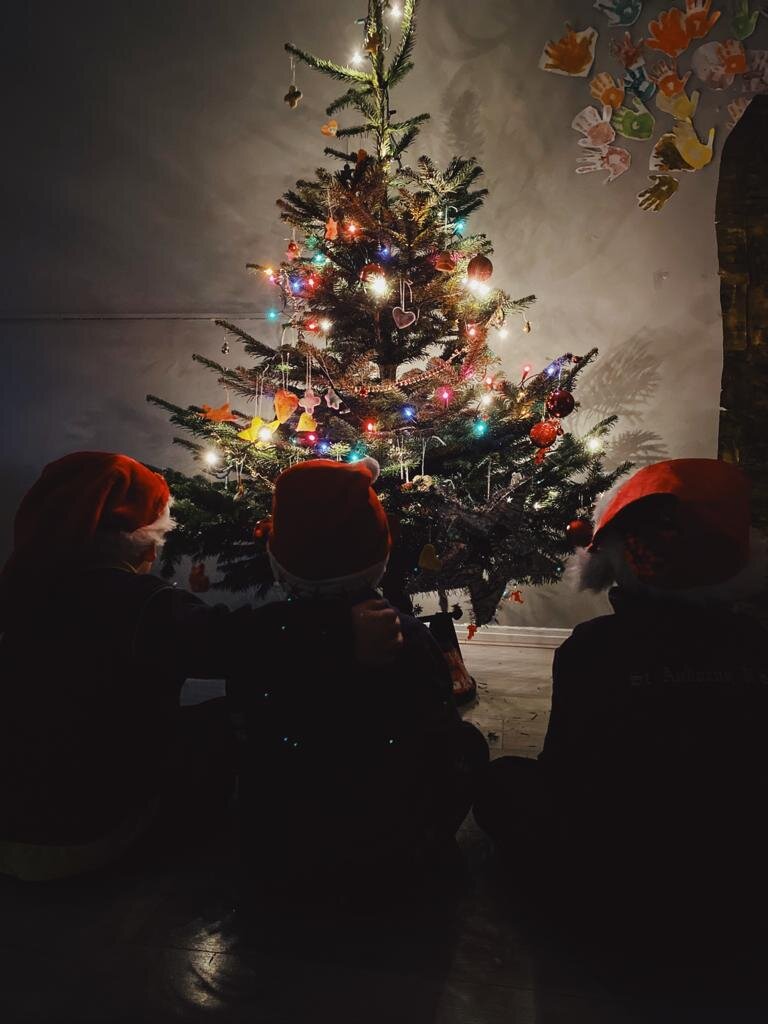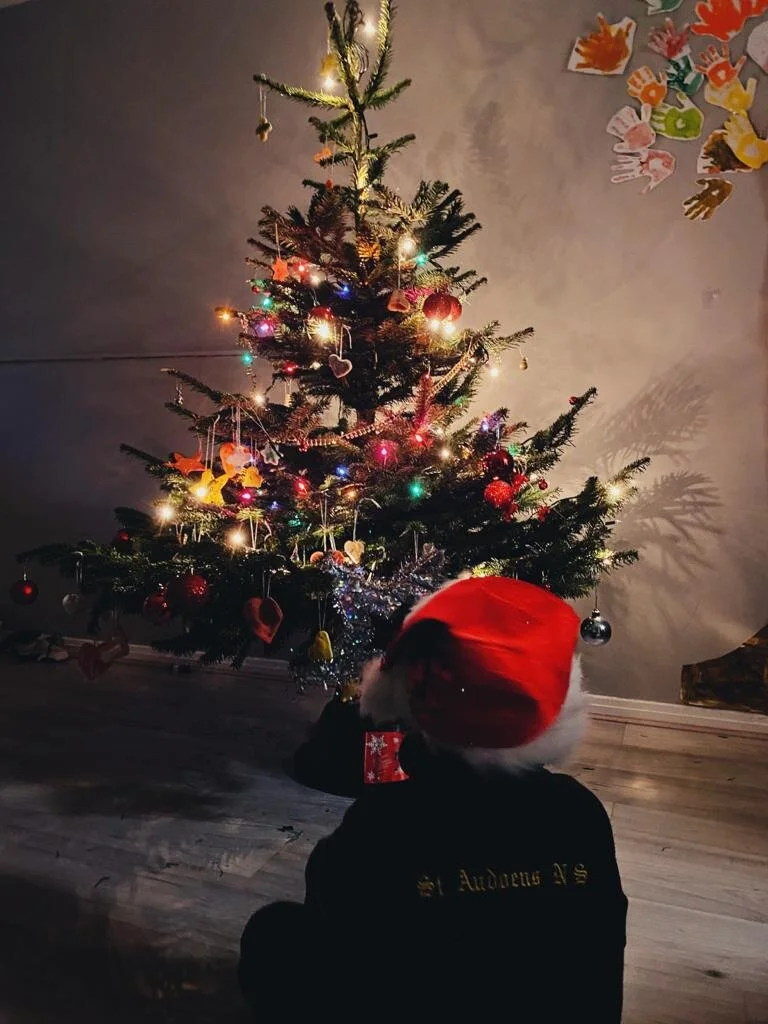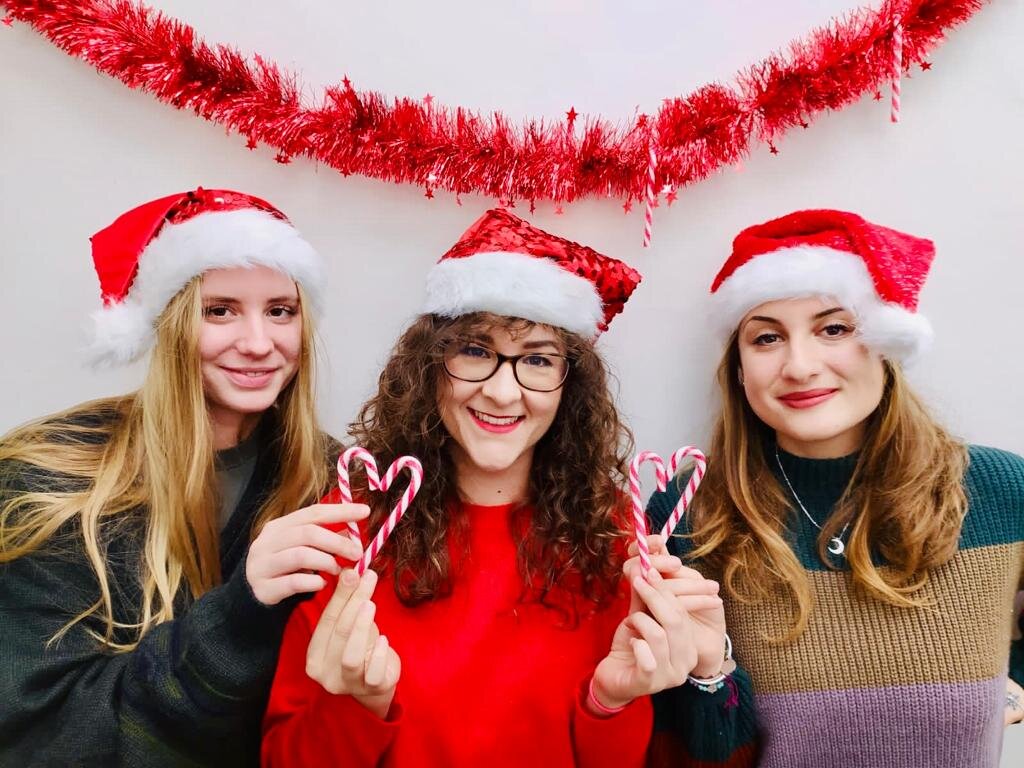This week the Department of Justice launched its Justice Strategy Statement and the Justice Plan 2021. The launch occurred against the backdrop of a recent spate of serious crime involving young people around Dublin City. In one case, this resulted in the death of a young person and in another, the death of a woman walking home from work. Speaking at the launch, Minister James Browne stated:
“We cannot arrest our way out of crime, we cannot arrest our way out of social exclusion, and we cannot arrest our way out of poverty. We need to develop social capital by supporting families and communities and by empowering youth workers.”
Solas Project fully supports this statement. We also recognise the seriousness of these issues and condemn attacks on all people. We want to be part of building a city where everyone – young, old, all races, genders and creed – can live safely and free from intimidation and indeed violence.
We believe that it is not enough to express horror and condemn such violence, but that action is required. We are concerned about some commentary and calls for action against young people living in our city. These calls range from demanding harsher sentences “lock them up and throw away the key”, to the complete dehumanising of these young people and disregard for their age, circumstances or their potential to change.
While harsher sentences might seem a like a good quick fix they do little to stop crime happening in the first place. We are calling for a focus on prevention rather than punishment. Research suggests that harsher sentences do little to deter a young person from acting in a certain way. A young person who picks up a knife is not in that moment considering the difference between a 2-year or a 5-year prison sentence. They are caught up on the issue at hand: What do they need the money for? Why are they feeling threatened? How can they defend themselves?
So what is the solution?
In 2005, in response to serious youth-based knife crime, the Scottish Government launched the Violence Reduction Unit (VRU) and started treating knife crime with a public health approach. This government funded unit operates by forming strong, close relationships between the police and key workers in the health, education and social sectors to support vulnerable young people in often neglected communities. The objective of the VRU is to offer these individuals alternative opportunities, and crucially, a way out of the spiral of violence that they often find themselves in.
This community-led approach sees the police engage directly with the young people most at risk of engaging in violence. Young people are spoken to in plain terms and develop positive relationships with mentors in key sectors. The success of this public health approach can be seen in the statistics, most notably that since the establishment of the VRU, the number of homicides in Glasgow has dropped by 65%.
Solas Project currently operates the Rua programme which works intensely with young people caught up in the criminal justice system to support them in building a new crime-free, positive life. At the halfway point of this 4-year intervention, over 50% of the young people had halted the downward trajectory of their life. Investment into a programme such at the VRU in Scotland or Rua here in Dublin would not only reduce serious crime and makes society safer, it would allow these young people to grow and flourish.
It is also important to look at what is causing this rise in youth-based crime. What has allowed for the creation of this sub-culture?
We know that crime rises during periods of growing inequality and austerity. The young people involved in this behaviour have grown up during a decade of austerity and are suffering the consequences of social neglect and poverty. The communities where these events are taking place are also those that suffer the highest level of social neglect, unemployment and low education attainment. This sadly is not a coincidence.
We also cannot ignore the growing negative influence of the drug industry on young people in these communities. Recent research carried out by Dr Johnny Connolly from The University of Limerick suggests that in one part of Dublin, children as young as 10 or 11 – many of whom are still in primary school – are groomed by the gangs to be runners and carriers and are considered to be both “expendable” and “plentiful”. We simply cannot talk about tackling youth crime without addressing the influence that these criminal gangs are having on our young people.
Alongside these factors we are now approaching almost one year of living through a global pandemic. The supports and structures that young people have typically relied on; school, sports, youth services etc. have been eroded leaving idle and impressionable young people behind, making them more vulnerable to both criminal grooming and addiction.
Solas Project is calling for preventative action that is community based with the needs of young people at its core.
We value the important role that Gardai play in promoting safe communities. We are calling for a concentration on community policing with a dialogue and solution-focused policing strategy, rather than the introduction of increased stop and search methods than can add to already existing tension in the community.
We are calling for targeted youth programmes that engage long-term with high-risk young people.
We are calling for the full implementation of the new Youth Justice Strategy 2021 -2026 (due to be launched soon) with a concentration on early intervention and prevention rather than punishment.
We believe that every young person has the right to grow up in a world where they can be safe and live free from the dangers of the criminal world. This is not just something that should be the privilege of those who live in wealthier areas of the city, this is a right for all our children and young people.
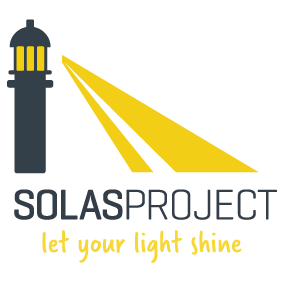
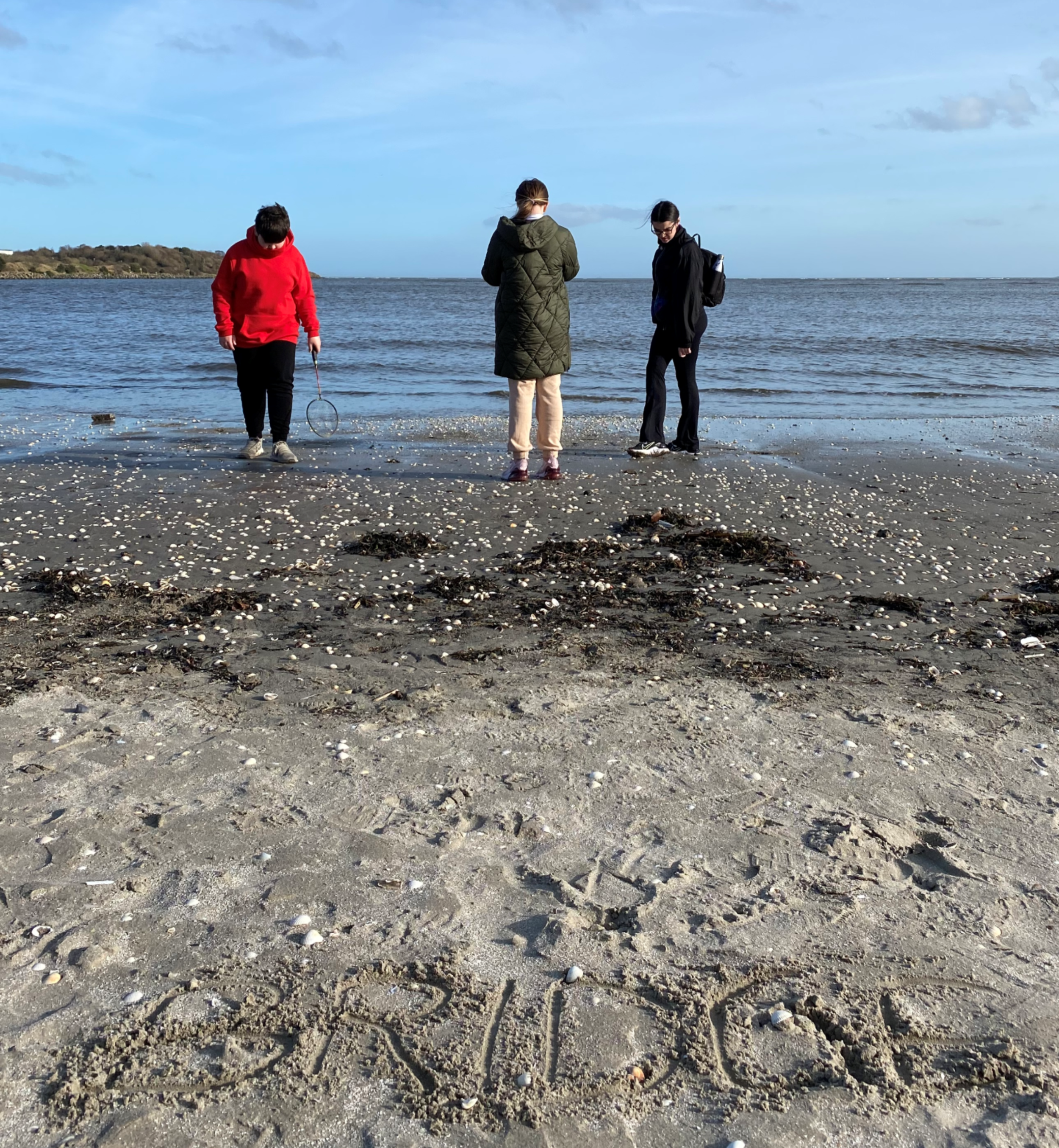



![rua 10[1].jpg](https://images.squarespace-cdn.com/content/v1/5304deb1e4b0ef33e62ff92f/1614345134707-WKHZ9HSSDL0AGUDD4ZZI/rua+10%5B1%5D.jpg)



